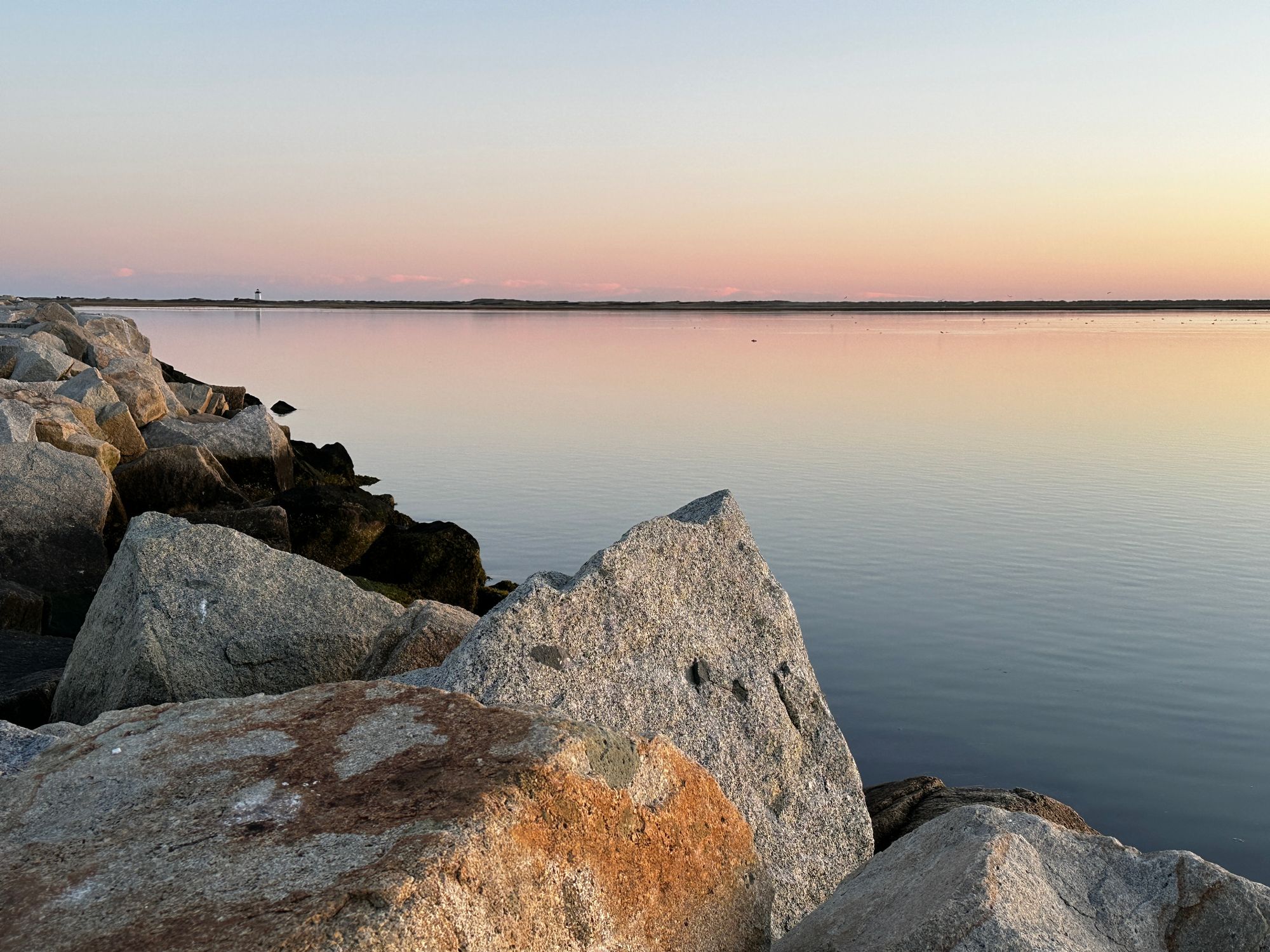.
"We cannot write a free Palestine into existence, but together we must do all we possibly can to reject narratives that soothe Western complicity in ethnic cleansing." - from the statement of solidarity from Writers Against the War on Gaza, which I signed. I also added my name alongside thousands of other journalists to "condemn Israel's killing of journalists in Gaza and urge integrity in Western media coverage of Israel's atrocities against Palestinians," as the text of this collective statement opens.

I DID NOT MEAN TO WRITE ABOUT CONGRESS because let's be honest most of Congress has abandoned most of us.
But then a Christian nationalist arrived on the dais, and he was not clothed in furs and other ill-gotten raiment:
Johnson is no harmless dove, nor a wise serpent. He is a man who has been steadily accruing political and religious power, largely outside the limelight, for years. When he assumed the speakership of the House of Representatives last week, it seemed to be despite or perhaps precisely because he had effectively assumed the guise he once advised fellow Christians to take: a nice guy, one who knows how to make shrewd moves with an air of absolute innocence. Now, even as he stands second in line to the presidency, Johnson hopes to retain the role of the righteously persecuted.
That was enough: what more do I need to write about this guy? But then he went and left a video online in which he endorses an anti-porn app, that is of course much more than that:
It’s not surprising that Johnson said he first heard of Covenant Eyes at a Promise Keepers conference. The Promise Keepers were once the dominant face of what historian Kristin Kobes Du Mez has described as “a militant ideal of white Christian manhood,” synonymous in the 1990s with Christian purity culture. Long before I knew who Mike Johnson was, I had heard of Covenant Eyes being promoted in the 2000s as a way to end sex trafficking—another evangelical Christian cause that has flown relatively under the radar of political reporting but has proven remarkably effective at dragging sexual politics to the right.
(At the time I published that, it appeared Johnson also still had an active referral code for the app, through which each sign-up got him $20.)


It really was March when I was at Mary's house, and I took a bath in this salvaged clawfoot tub that most likely was not hers. I loved how the blue of the floors reminded me of the blue of Tunisian doors. It was rough, and I wore leather slippers around. I started reading It Can't Happen Here half-submerged, borrowed on Libby while already in the water. I didn't make it far. I may have already written about this to you. There's better things to do right now than look back.
This year—
I've spent more time in libraries than at any other point in my life, I think, and in many different libraries, having my book receive such careful and considered attention from research librarians and other library workers, before it even exists.
That includes working in the Frederick Lewis Allen Room at the New York Public Library—an entirely free program, available to any writer under book contract. The Allen Room is where the materials I'm using for my book, requested from any library system anywhere, are kept for me when I'm not there writing. It's tucked away in the main branch, just one of the many New York City libraries that has cut its hours after cuts from the mayor. It's needless.
Earlier this month, I joined Mariame Kaba for a conversation about taking back the library on Death Panel (before that news)—about how if the library did not already exist, people would say it was impossible to create. But we do have it, as long as we can keep it.
This week—
"And usually there were people issuing warnings. Instead of waiting until something happens, it’s better to warn." (Omer Bartov) ••• "For me, the happiest moment is when I wake up, when I clutch myself, check I’m all there, and then look around the room: I made it. I conquered the night. Sometimes I’m still not convinced, so I’ve started to invent tests, to prove I’m alive. One of them is to wake up all the others in the house and start talking to them, exchanging news, the more mundane the details the better. From the dullness of the details, I know it’s not a dream. Another test is calling my wife, Hanna, to tell her that Yasser and I are still alive. Her voice could never be reproduced in a dream." (Atef Abu Saif) ••• "This cheering-on of the apocalypse from the cheap seats, this heady sense that Christ’s return and the end of the world has started in the field of corpses, epitomizes evangelical reliance on the literal and exhaustive interpretation of Biblical prophecy." (Talia Levin) ••• "The family of 23-year-old Hersh Goldberg-Polin, for example, posted photos of his bedroom in Jerusalem as he left it before heading to the dance party where he was later kidnapped—decorated with a poster bearing the words 'Jerusalem is everyone’s' in Hebrew, English, and Arabic, along with Antifa and pro-refugee stickers." (Maya Rosen) ••• “'First it was terrorism if you had muddy clothes,' Sam, a Texas-based organizer with the Austin Weelaunee Defense Society who asked for anonymity, told me. Police had used mud on the shoes of activists, in a forest, to justify the March arrests for domestic terrorism. 'Now planting shovels are weapons. What’s next? Midnight raids for owners of muck boots?'" (Natasha Lennard) ••• "Because our status quo is self-expression, sometimes the most effective mode of protest for artists is to refuse. I can’t write about poetry amidst the 'reasonable' tones of those who aim to acclimatize us to this unreasonable suffering. No more ghoulish euphemisms. No more verbally sanitized hellscapes. No more warmongering lies. If this resignation leaves a hole in the news the size of poetry, then that is the true shape of the present." (Anne Boyer)
